Introducing a paradigm shift in TCR-based diagnostics
Each infection, vaccine, cancer cell or autoimmune disease can leave a telltale signature in your collection of T cells, the TCR repertoire. That is a consequence of how your immune system recognises and memorises intruders. We at ImmuneWatch and others firmly believe that by tapping into this immunological memory, groundbreaking new diagnostics can be developed.
That is why we are working hard to make TCR-based diagnostics for many different applications a reality.
A new academic paper published by ImmuneWatch co-founders, Benson Ogunjimi, Kris Laukens and Pieter Meysman introduced a paradigm shift in the world of TCR-based diagnostics.
Previous attempts searched for TCR biomarkers by finding enriched TCRs within patient cohorts. This method requires very large training patient cohorts which are expensive and, in some cases impossible, to generate. Furthermore, the identified disease associated TCRs do not necessarily have their target epitope verified.
However, in this paper the academic co-founders of ImmuneWatch showed that they can find relevant TCR biomarkers by annotating TCR sequences with their cognate epitope. In contrast to enrichment-based methods, smaller patient cohorts can be applied as most of the training information is derived from the epitope-TCR databases. This could make finding TCR biomarkers much cheaper and possible for cases where it is hard to generate large patient cohorts.
In short, this paper shows a T cell-based assay that differentiates recent SARS-CoV-2 infections from historic pathogen exposure.
The basis for a paradigm shift in TCR-based diagnostics has been laid out. At ImmuneWatch we are ready to take this to the next level.
Diagnosing viral infections through T cell receptor sequencing of activated CD8+ T cells
The Journal of Infectious Diseases
https://doi.org/10.1093/infdis/jiad430
Stay up to date
Subscribe to our newsletter to receive useful tips and information.






